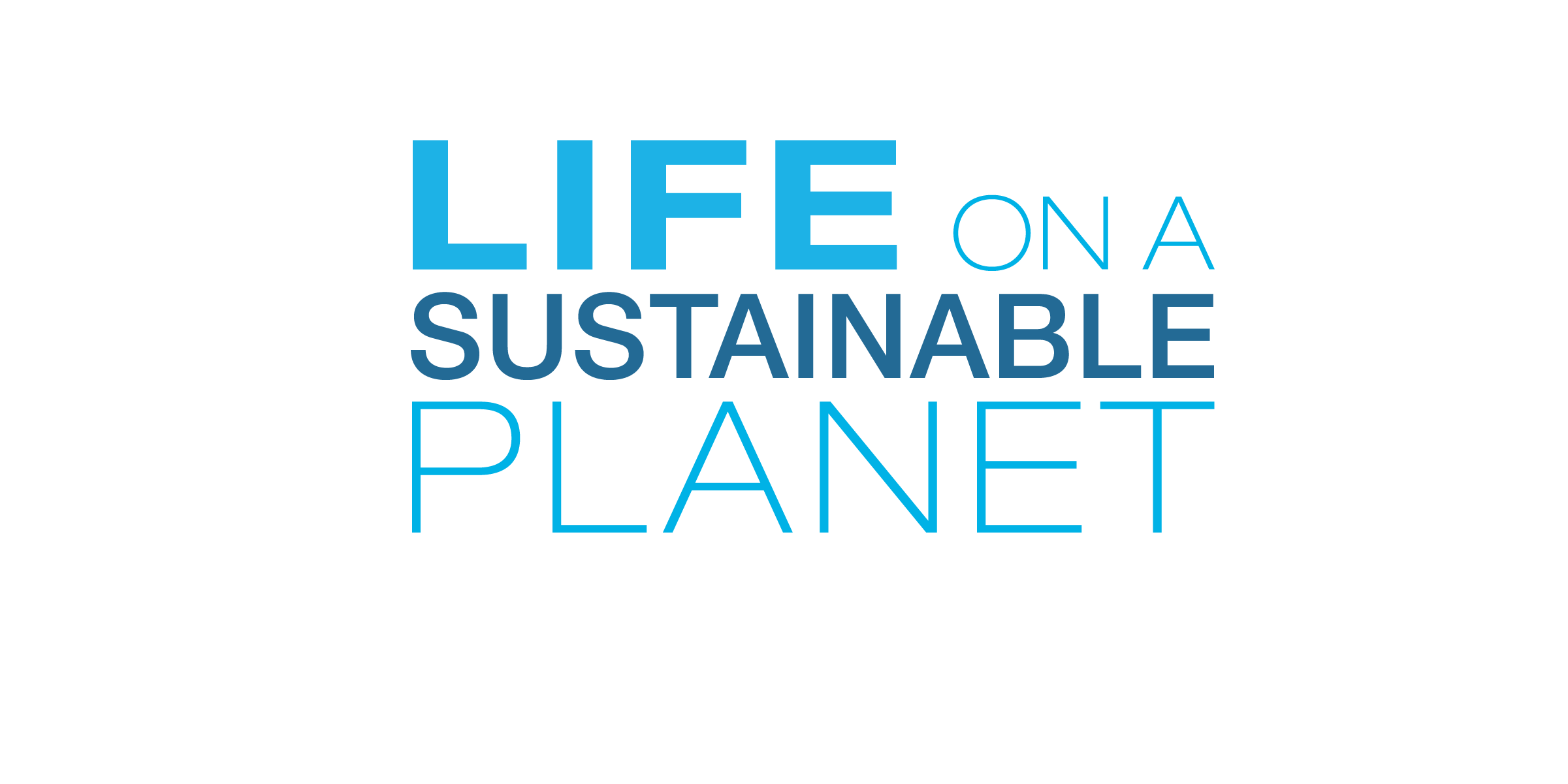The Power of Storytelling in Conservation
A conservation communications intern reflects on what she’s learned from two semesters with the Conservation Commons and Earth Optimism.
/https://tf-cmsv2-smithsonianmag-media.s3.amazonaws.com/blogging/featured/garcia_pic.jpg)
When you hear the word “conservationist,” who do you think of? Perhaps a zookeeper comes to mind or a scientist doing fieldwork in a remote part of the world. Maybe you think of someone in a lab coat.
Over the past six months, I have gotten a different view of conservationists whose work is just as important and crucial to wildlife and environmental conservation.
In the last couple of years, science has become an increasingly polarizing topic. Despite the overwhelming consensus by scientists that climate change is a real threat, many people continue to deny or question the severity of its impacts. Yet while we have the data to back it up, there is still a great need for increasing public understanding of the issue.
I personally do not have an extensive educational background in science, but this does not mean that I have no interest in the hard sciences or believe that they are not important. Still, I felt a bit intimidated when entering a conversation dominated by scientists or thinking about where to join in. That feeling of being out of your comfort zone resonates with many people when faced with difficult data and figures. And unfortunately, it can be a crucial factor in turning people away from actually learning the processes and concepts behind them. It then becomes a barrier for people who are interested in learning more about the world around them – people who want to be a part of the solution to our planet’s crisis but do not even know where to start.
This disconnect can be attributed to the lack of good communication to the general public by scientists, lawmakers, and industry leaders. Key ideas in research can be heavily bogged down in scientific jargon, making it difficult for people outside the science community to understand. Along with the large inaccessibility of academic research, the public’s perception of conservation, climate, and environmental issues slants with the constant negative news narrative and a lack of shared actionable solutions. While it’s imperative to continue to educate about these problems globally, a new perspective is needed to push towards change.
With the Smithsonian Commons, I’ve been able to get a first-hand look at how we can tackle this problem. Their Earth Optimism initiative aims to change the doom and gloom feel around conservation and shift the light on more solutions-based work and stories of hope and justice. Earth Optimism uses science communication through the lens of conservation and applies creative approaches to educate, expand awareness, and gain support for research worldwide.
While still acknowledging the issues at hand, it works to draw people into the idea that positive change can and is happening. The initiative accomplishes this by weaving together different disciplines to form cohesive stories that appeal to broad, diverse audiences. The Smithsonian Commons’ team of communicators, program managers, and others provide the integral support needed to connect and start conversations amongst scientists and the wider world.
The series of programs hosted this past Earth Month is a testament to this commitment. In hosting and promoting many webinars and free programs that featured organizations such as the Wilson Center, Pelecanus, IUCN’s Reverse the Red, and National Geographic Society, the Smithsonian Conservation Commons provided guidance and a welcoming platform for telling conservation stories.
Accessibility, inclusion, and making relevant connections are the future of successful conservation work. The storytelling of the Smithsonian Commons capitalizes on this through its collaborations, events, and media. Through species saving research, spotlights of future leaders of the field, and sustainability actions for all, the Smithsonian Commons brings conservation stories to audiences around the world, sparking both inspiration and hope for a better world.
